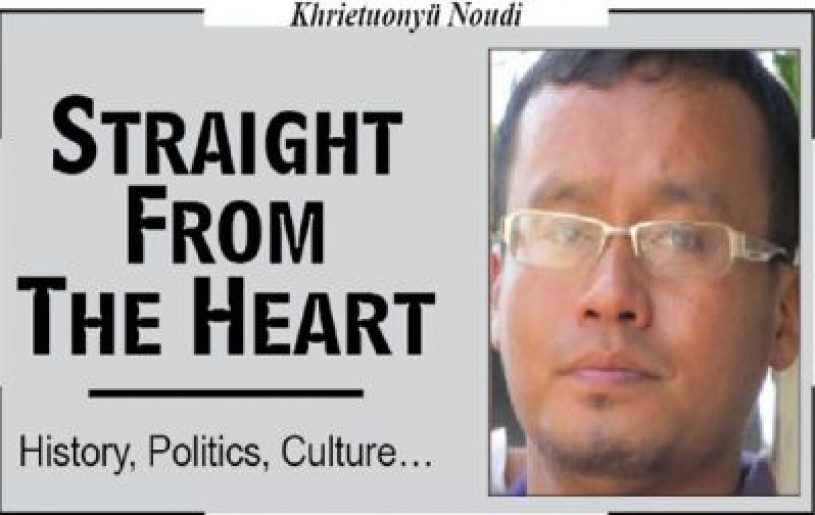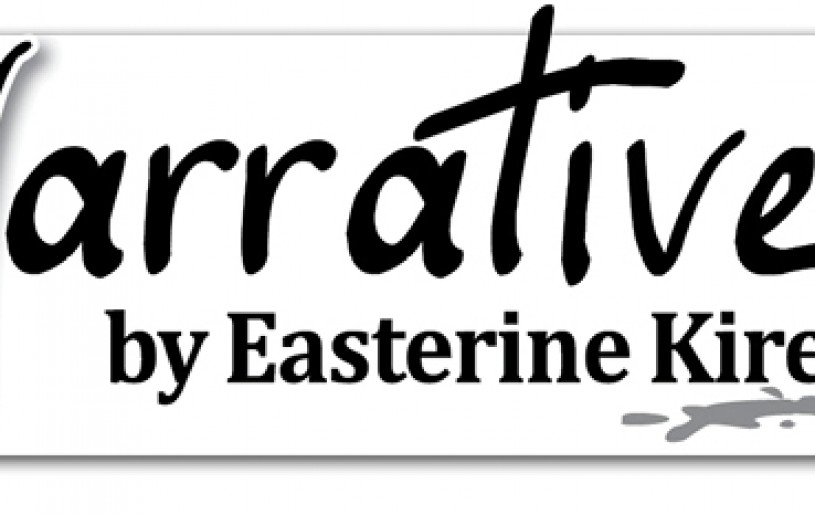
Conciliation Group,
Quakers in Britain*
We congratulate all those whose visionary efforts contributed to the Covenant of Reconciliation. We acknowledge the courage and sincerity of all who signed on 13 June 2009, and who have stri-ven to honour and maintain their commitment to the Covenant since that time. Naga people and in-dependent monitors have observed the remarkable reduction in violent attacks and deaths of Naga people at the hands of other Nagas since 2009. We have heard of the very positive change in atmos-phere amongst Naga communities which followed this historic event, and which has been main-tained over the past decade.
It has been a privilege for us to walk alongside the Forum for Naga Reconciliation and the Naga people during this time and we share their distress when acts of violence threaten the path to peace. The FNR was formed in response to a prophetic call for reconciliation amongst all Nagas, and has itself played a prophetic role since its formation. Its members have been constant and unswerving in pursuit of nonviolence and reconciliation during these years. We know that these efforts are grounded in their shared Christian faith and commitment to do God’s work of healing with love in their hearts.
The now expanded FNR is, since January 2018, taking the ‘Walking the Naga Day’ to all Nagas, including those in remote villages. They aim to reach and listen to all Nagas, men and women of all ages, from different districts and tribes, in pursuit of greater understanding and reconciliation.
We extend our best wishes and prayers to all the negotiating parties. Each and every side has so much to gain from a mutually agreed settlement.
We encourage and appeal to all the Naga people to embrace the path of reconciliation and nonvi-olence.
"I will make a covenant of peace with them; it shall be an everlasting covenant with them; and I will bless them and multiply them, and will set my sanctuary among them forevermore." Ezekiel Ch. 37, v 26.
About the author:
*Quakers have a long history of quiet assistance in peace processes. They are motivated by religious faith to reject violence and commit themselves to peace making. The conciliation group of Quakers in Britain works by invitation to give assistance to people who are seeking to avoid or end violence and resolve conflict. They are committed to confi-dentiality, impartiality and transparency, and do not seek publicity for their work.






